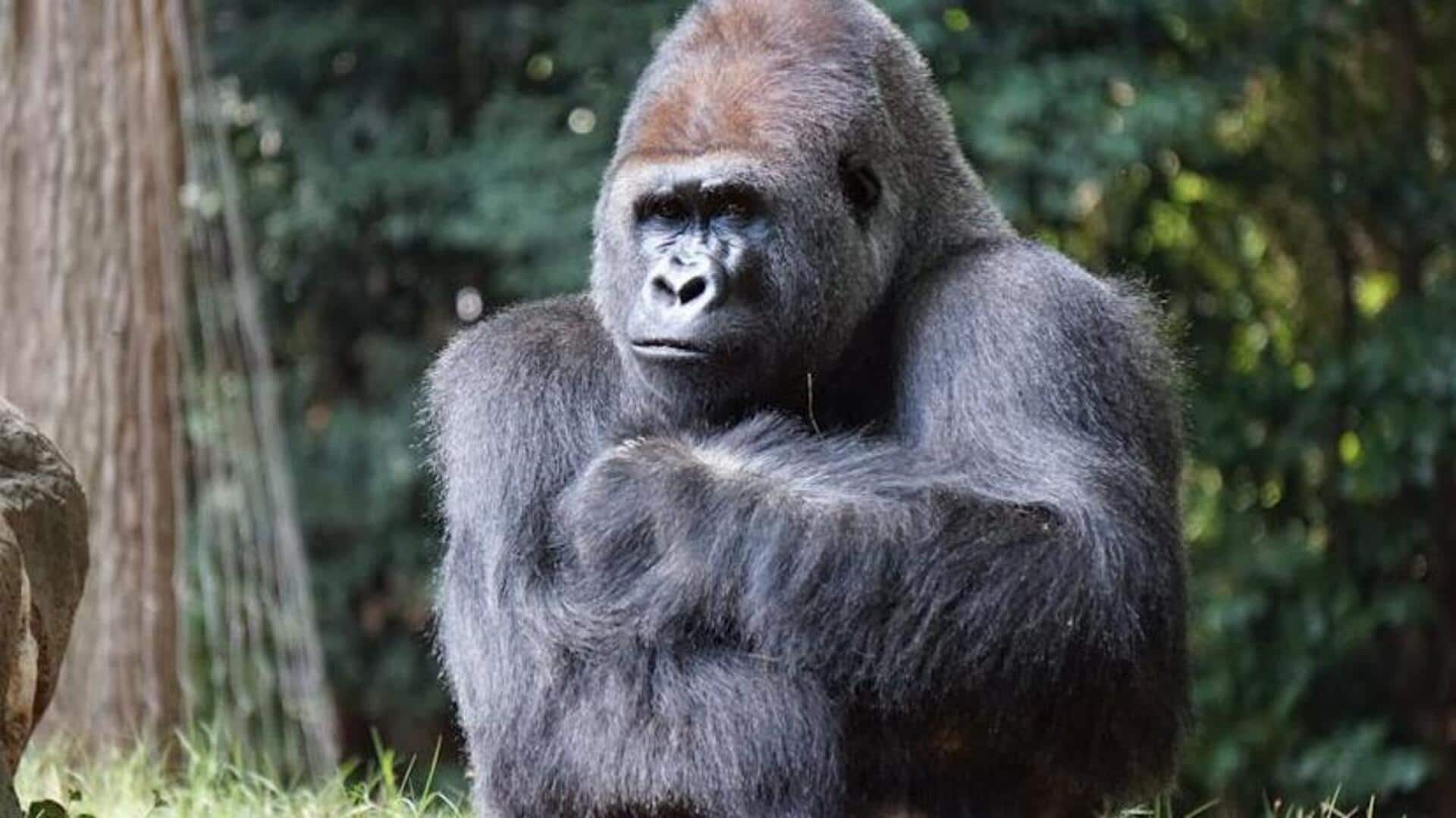
Mountain gorillas trek in Bwindi, Uganda: What to expect
What's the story
Bwindi Impenetrable Forest in Uganda is a renowned destination for those seeking to experience the rare opportunity of observing mountain gorillas in their natural habitat. This ancient rainforest, a UNESCO World Heritage Site, offers an unparalleled adventure amidst its dense foliage and diverse ecosystem. Tracking these gentle giants through the mist-covered forest not only promises an unforgettable journey but also contributes to their conservation.
Preparation
Planning your gorilla trekking adventure
To embark on your trek, book a gorilla tracking permit months in advance through a reputable tour operator or the Uganda Wildlife Authority. This adventure demands physical readiness, so prepare by exercising and packing essentials like durable hiking boots, rain gear, and plenty of water. Treks start early and can last several hours, requiring stamina and preparation.
Trekking
Immersing yourself in the jungle experience
The trek starts at the park headquarters, where rangers brief you and form small groups. As you navigate through dense vegetation and rugged terrain, keep an eye out for birds, monkeys, and occasionally elephants. The moment of encountering the gorillas is deeply moving. Observing their behaviors up close fosters a unique connection with these magnificent creatures, making the experience truly unforgettable.
Conservation
Supporting conservation efforts
By participating in gorilla trekking, you directly support mountain gorilla conservation. A portion of your permit fee goes to protection efforts and local community projects. Visitors must follow wildlife viewing etiquette, such as keeping a distance and minimizing noise, to reduce impact on the gorillas' natural behavior. This ensures a sustainable interaction with these magnificent creatures.
Beyond trekking
Exploring beyond gorillas
While gorilla tracking is the main attraction, Bwindi Impenetrable Forest also offers additional adventures. Nature walks reveal stunning waterfalls and bird-watching excursions showcase over 350 species, including Albertine Rift endemics. Visiting local Batwa communities provides cultural experiences that deepen understanding of human coexistence with nature. These activities support sustainable tourism, benefiting both visitors and local communities.